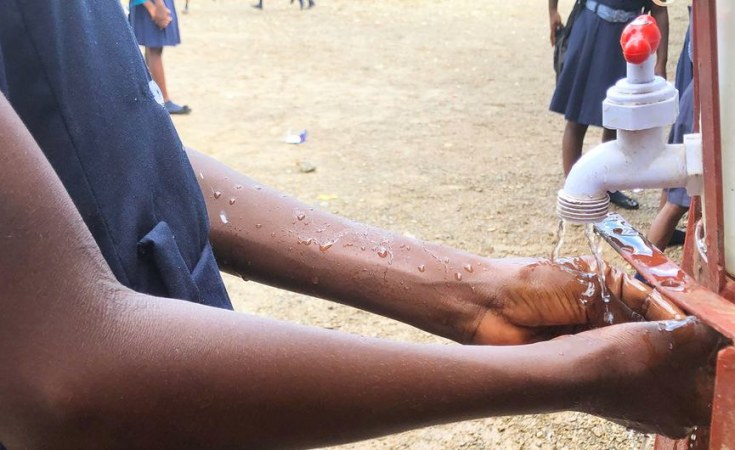Maputo, Mozambique — Health officials in Mozambique are set to hold a massive cholera vaccination campaign in Quelimane, a city hit hard by Cyclone Freddy earlier this month.
The director of health in Zambézia province, Blayton Caetano, told state radio Tuesday that the two-week vaccination drive is aimed at bringing down the soaring number of cholera cases in the aftermath of the historic storm.
Quelimane suffered significant damage when long-running Cyclone Freddy passed over Mozambique a second time this month, killing 19 people in all and forcing 50,000 others into temporary housing.
Caetano said that as a precaution, everyone in the city will be vaccinated.
Caetano says, "we are ready to start the vaccination campaign and I think that in 24 or 48 hours we will start a vaccination process for cholera with greater focus on the city of Quelimane. He says, "vaccination criteria is that all Quelimane residents with or without cholera, including those of us in this room, we are going to vaccinate against cholera so that in two weeks we can start registering the reduction of cholera cases."
In a recent media statement, the U.N. children's fund, UNICEF, said that as of March 18, nearly 10,000 cases of cholera had been reported across Mozambique, more than tripling case reports since early February.
On Tuesday, Mozambique received 1.7 million doses of cholera vaccine, obtained by UNICEF, to start the vaccination campaign.
The Ministry of Health said in a statement that the newly arrived doses are intended for the cities of Quelimane in Zambézia province, Chimoio in Manica province and Beira and Marromeu in Sofala province.
Quelimane, in particular, recorded a significant increase in cases, a situation caused by floods and the destruction of the water supply network by Cyclone Freddy.
Due to the lack of drinking water in the taps, in recent days thousands of Quelimane residents have been traveling in vehicles or on foot with buckets and other containers, looking for alternatives.
Most people consume water from wells, which may be contaminated.
Health authorities have warned that the stock of water purifiers is running out and recommend that those who have money buy the product from private sellers instead of waiting for free distribution.
At the same, Mozambique has to deal with a humanitarian crisis in the north, where the government is fighting an Islamist insurgency. An estimated 2 million people need assistance there.


